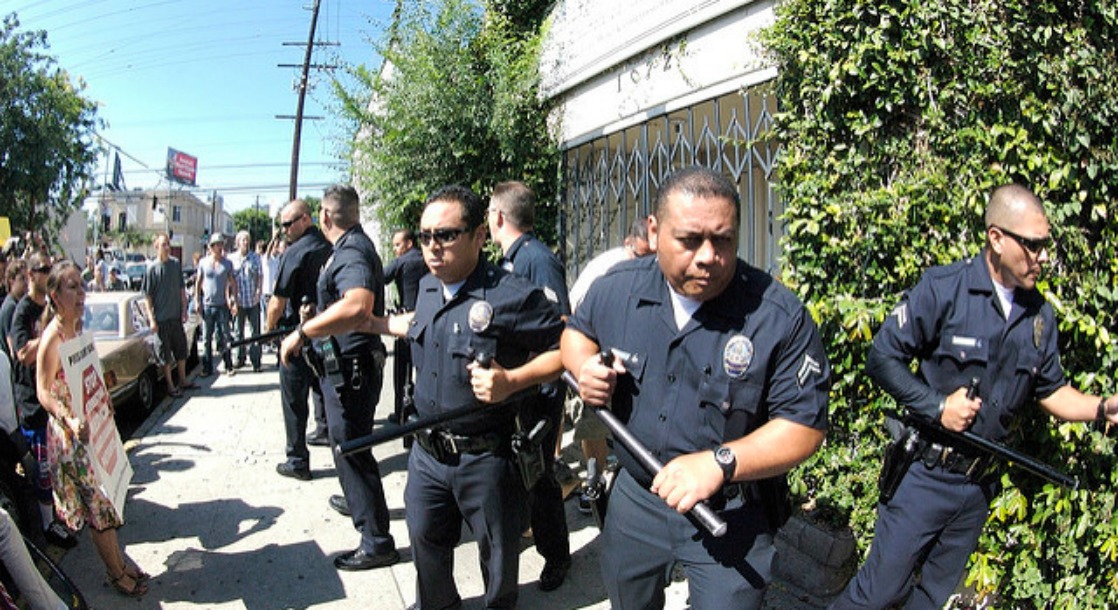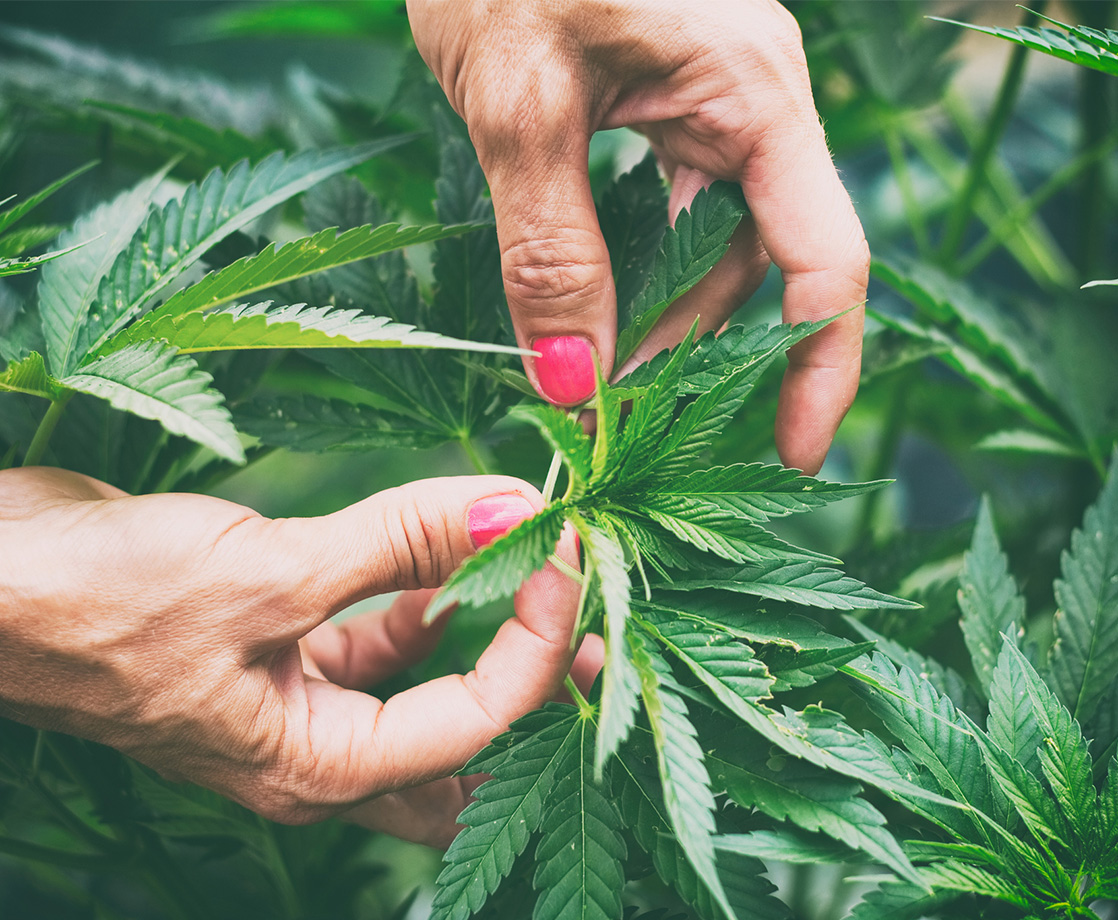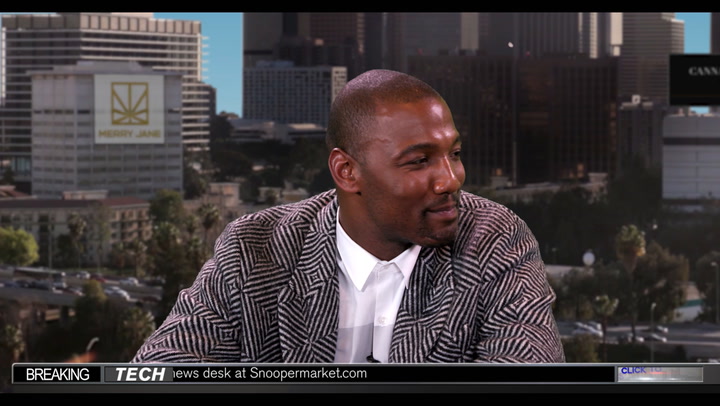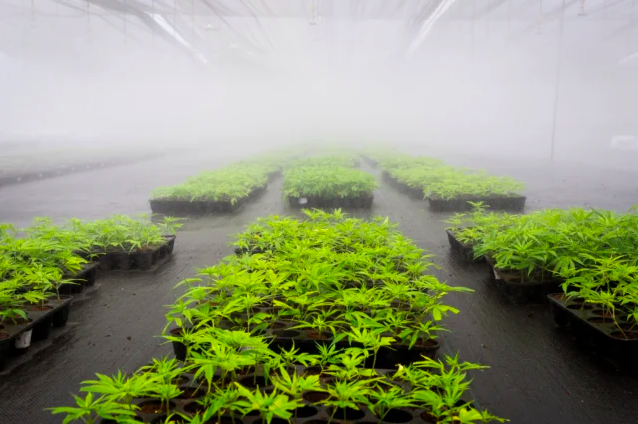California is at a crossroads. With recreational cannabis sales slated to start on January 1st, 2018, state regulators and local municipalities are scrambling to sort out how to run what is expected to be the country’s largest marijuana market. While officials in Oakland, CA are setting aside half of the city’s new pot shop licenses for low-income, minority applicants, Los Angeles is, as of now, proposing a significantly less progressive approach, foregoing a comprehensive permitting process and instead keeping the city’s current “limited immunity” system; wherein canna-businesses can operate by claiming compliance with state and city cannabis law, but can’t use a city-issued permit to stop law enforcement from banging down their doors.
To protest the proposed immunity language, former L.A. Police Commissioner and outspoken legalization supporter Rafael Bernardino, Jr. spoke at a recent L.A. Cannabis Task Force meeting, urging industry insiders and supporters alike to participate in neighborhood town halls, and pushing local officials for a more comprehensive system.
“No one understands it.” Bernardino said. “Landlords don’t know what it means, insurance companies don’t know what it means. A limited immunity is nothing. It’s something you get to raise after you’re prosecuted…Half of City Hall recognizes cannabis as an industry that has a lot of potential, and the other half doesn’t want to allow it at all. This is the compromise, and it’s not a good compromise.”
Under the proposed plan, the vast majority of L.A.’s pot shops would remain officially unlicensed, but incentivized to follow state and city regulations with the “limited immunity” tag that would supposedly protect those businesses from prosecution. It is the same plan L.A.’s medical industry has rallied against for years. Still, dispensaries continue getting raided, and city officials refuse to change their minds.
What City Hall fails to acknowledge, though, is how even with "limited immunity” awarded, raids are incredibly damaging to canna-businesses, their owners and employees, local communities, and the backed-up court system and police department who are all forced to spend their time and resources pretending weed isn’t legal in California.
“Limited immunity will not help you.” Bernardino said. “By the time you get to use it, it will be too late. You get arrested, your people get arrested, you bail them out, as a condition of bail, half of the judges will require you to shut down your operation…A case will last six months to a year, the government puts on its case, puts on its witnesses and then when they rest, your lawyer gets to stand up, and that’s when you get to use limited immunity. That’s the first time you get to tell the judge that you’re legal. You’re already out of business by then, so you give up.”
The city’s former supervisor of police affairs also went on to describe how dangerous the immunity protocol is for businesses owned by families and minorities. Because the requirements for protection involve strict, expanded buffer zones from schools, daycares and other sensitive locations, only a select number of L.A. locations will actually be eligible for the legal protection.
In addition to the social and business aspects of regulations, a comprehensive licensing and permitting system would ensure that L.A. cannabis consumers are purchasing products that are properly tested and evaluated for safety.
“It’ll be safer for the public if they have tested marijuana, it will be safer for the public if they have regulations and expectations for employee training…We should be able to argue effectively that a robust and lawful marijuana industry, one that’s treated like every other industry in the city of Los Angeles, will be better for public safety than what we have now and what they’re proposing.”











